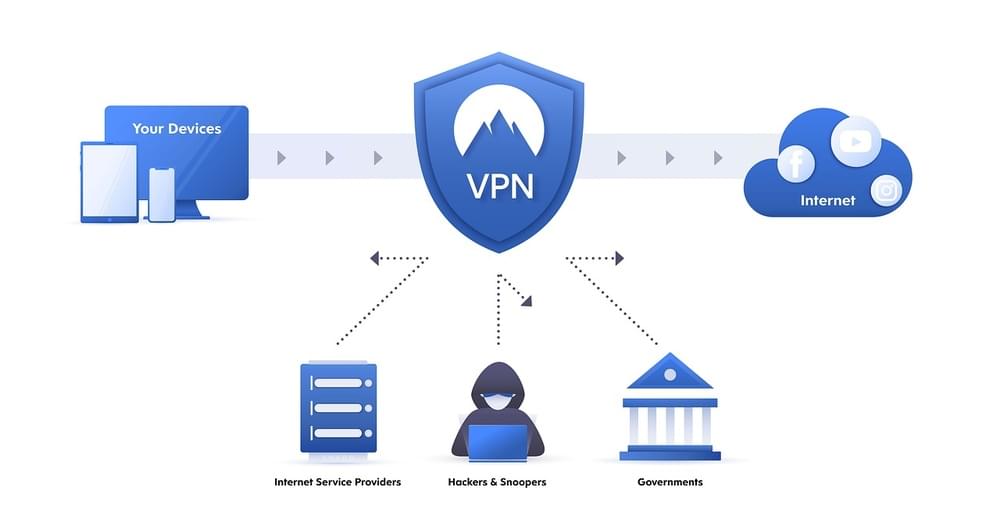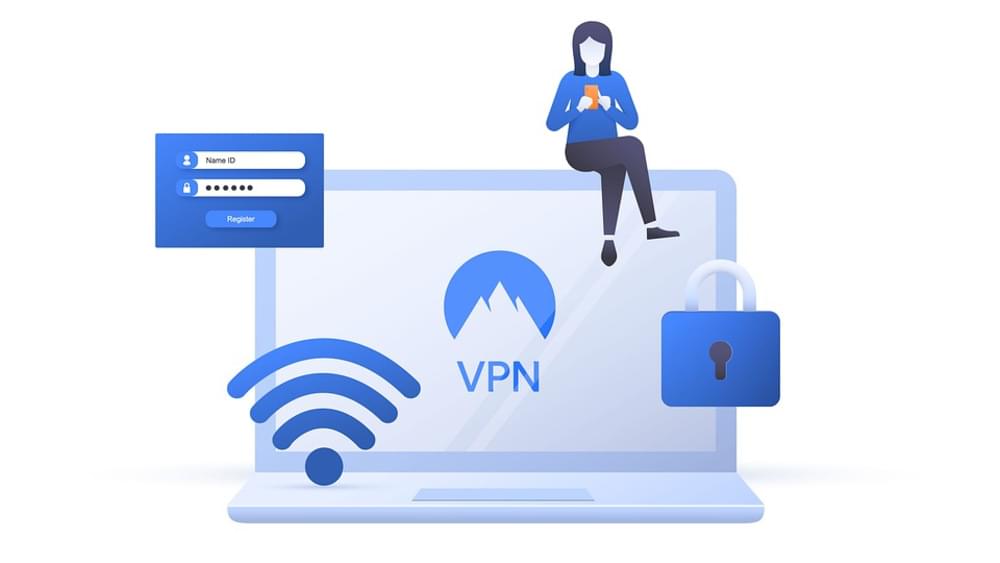What is the main difference between a Proxy and a VPN?
Now a days, internet privacy and security are major concerns for people as well as businesses. Many people use proxies and VPNs to protect their sensitive data and remain anonymous when using the internet. But what exactly are proxies and VPNs, and how do they differ? In this article, we will delve into the world of proxies and VPNs, exploring their functionalities and helping you make an informed decision on which one to choose.
Understanding the differences between proxies and VPNs
Proxies and VPNs serve a similar purpose, which is to provide a layer of protection and anonymity while accessing the internet. However, there are fundamental differences between the two that set them apart.
A proxy server is like a mediator between your device and the internet. When you want a web page, the proxy server asks for it for you, hiding your IP address and where you are. It seems like the request is from the proxy server, not your device. Proxies help access content only available in certain areas and get around some internet limits. But they usually don’t make your internet traffic secret, so it could be seen by others.
On the other hand, a VPN, or Virtual Private Network, makes a secret tunnel between your device and the internet. All your online traffic goes through this tunnel, so it’s very hard for anyone to see or understand your data. VPNs not only hide where you are but also make your internet traffic secret, keeping your online activities private and safe. Additionally, VPNs offer the ability to change your virtual location, allowing you to bypass geo-restrictions and access content from anywhere in the world.
Considering the importance of securing your online activities, services like EonVPN provide additional protection. EonVPN, in particular, stands out with its emphasis on privacy and no-activity-log service. This means that not only does EonVPN encrypt your data, making it secure from potential threats, but it also prioritizes user privacy by not keeping activity logs. This ensures a comprehensive solution for maintaining your online security and privacy.
Proxy servers: How they work and what they offer
Proxy servers are like an intermediaries between your device and internet. Upon connection to a proxy server, your internet traffic is routed through it before reaching its destination. This strategic routing empowers the proxy server to cloak your IP address, creating a hurdle for websites or online services attempting to pinpoint your actual location.
One of the main advantages of using a proxy server is its ability to bypass internet restrictions. For example, if you are located in some country where certain websites are blocked, you can connect to a proxy server in a different country to access them. Proxies also offer the option to change your IP address, that can be useful for maintaining anonymity or accessing region-specific content.
However, it’s important to note that proxies do not encrypt your internet traffic. This means that while your IP address may be hidden, third parties can still intercept and view your data. A proxy server may need to be increased if you are only concern about privacy and security.
VPNs: How they work and what they offer
A Virtual Private Network (VPN) stands out as a robust solution for enhancing security and your online privacy. When you use a VPN, your internet traffic undergoes encryption and is directed through a server situated in a different location. This process effectively conceals your IP address, guaranteeing the security and privacy of your data.
The standout feature of a VPN lies in its capacity to encrypt internet traffic comprehensively. Even if intercepted, the encrypted data remains unreadable without the decryption key. With sophisticated encryption protocols, VPNs become an optimal choice for both businesses and individuals aiming to safeguard their sensitive information.
Beyond encryption, VPNs provide the flexibility to alter your virtual location. Through connecting to a server in a different country, you can effortlessly overcome geo-restrictions, gaining access to content which is blocked in your region. This proves invaluable, especially for streaming services or accessing websites restricted to specific countries.

Key differences between proxies and VPNs
While both proxies and VPNs serve the purpose of providing privacy and anonymity online, there are several key differences between the two:
- Encryption: Proxies do not encrypt your internet traffic, leaving it vulnerable to interception. On the other hand, VPNs encrypt your data, ensuring it remains secure and private.
- Virtual Location: Proxies allow you to change your IP address, which can help bypass region restrictions. However, VPNs offer a more comprehensive solution by changing your IP address and routing your traffic through a server in a different location.
- Anonymity: Proxies provide a certain level of anonymity by hiding your IP address. However, VPNs offer a higher level of anonymity by encrypting your data and routing it through multiple servers, making it impossible to track back to your original location.
- Security: Due to the lack of encryption, proxies are less secure compared to VPNs. VPNs provide a secure tunnel for your internet traffic, protecting it from interception and ensuring your data remains confidential.
Proxy vs VPN: Which one should you choose?
The choice between a proxy and a VPN depends on your specific needs and priorities. A proxy server may be sufficient if you are primarily looking to access region-restricted content or change your IP address. However, if you value privacy, security, and the ability to encrypt your internet traffic, a VPN is the better option.
VPNs offer a range of benefits that go beyond what proxies can provide. With a VPN, you can browse the internet without any threats, assured that your data is shielded, and your online activities stay confidential. Moreover, VPNs allow you to bypass geo-restrictions and access content from anywhere worldwide, making them a versatile tool for personal and professional use.
Can I use a proxy and VPN together?
Yes, it is possible to use a proxy and a VPN together. In some cases, you may use both a VPN and a proxy server simultaneously. This combination can offer an additional layer of security and the ability to remove certain restrictions. By connecting to a VPN first and then routing your traffic through a proxy server, you can benefit from both the encryption provided by the VPN and the IP masking offered by the proxy.
However, it’s important to note that using a VPN with a proxy server can introduce additional complexity and may impact your internet speed. It’s recommended to carefully consider your specific requirements and test different configurations to find the setup that works best for you.

Do you need a proxy server if you have a VPN?
If you have a VPN, you may wonder if there is still a need for a proxy server. In most cases, a VPN alone is sufficient to meet your privacy and security needs. VPNs offer encryption, IP masking, and the ability to bypass geo-restrictions, making them a comprehensive solution for online privacy.
However, there may be situations where using a proxy server alongside a VPN can be beneficial. For example, if you require access to a specific proxy network or if you want to change your IP address without affecting the overall encryption provided by the VPN. In such cases, using a proxy server with a VPN can offer additional flexibility and functionality.
Conclusion and final thoughts
In conclusion, both proxies and VPNs serve the purpose of enhancing online privacy and security. While proxies offer the ability to change your IP address, they lack the encryption and comprehensive security provided by VPNs. If you prioritize privacy, security, and the ability to encrypt your internet traffic, a VPN is the better choice.
When choosing between a proxy and a VPN, consider your specific needs and priorities. A proxy server may be suitable if you require access to region-restricted content or want to change your IP address. However, investing in a reliable VPN is recommended if you value privacy, security, and the ability to encrypt your internet traffic.
Remember, online privacy and security are essential in today’s digital landscape. By understanding the differences between proxies and VPNs, you can make an informed decision and take control of your online experience.

